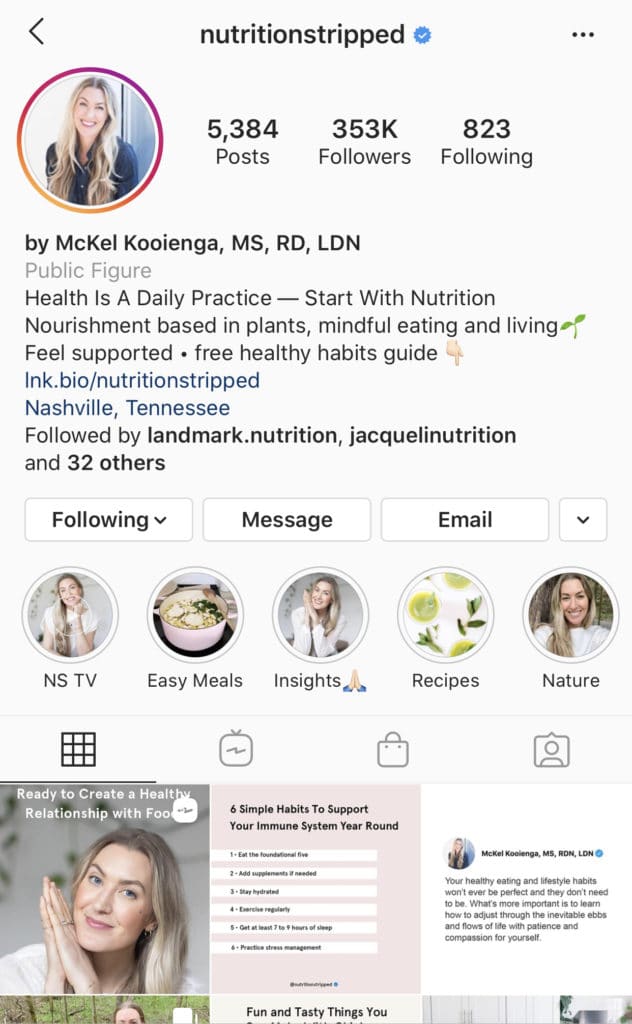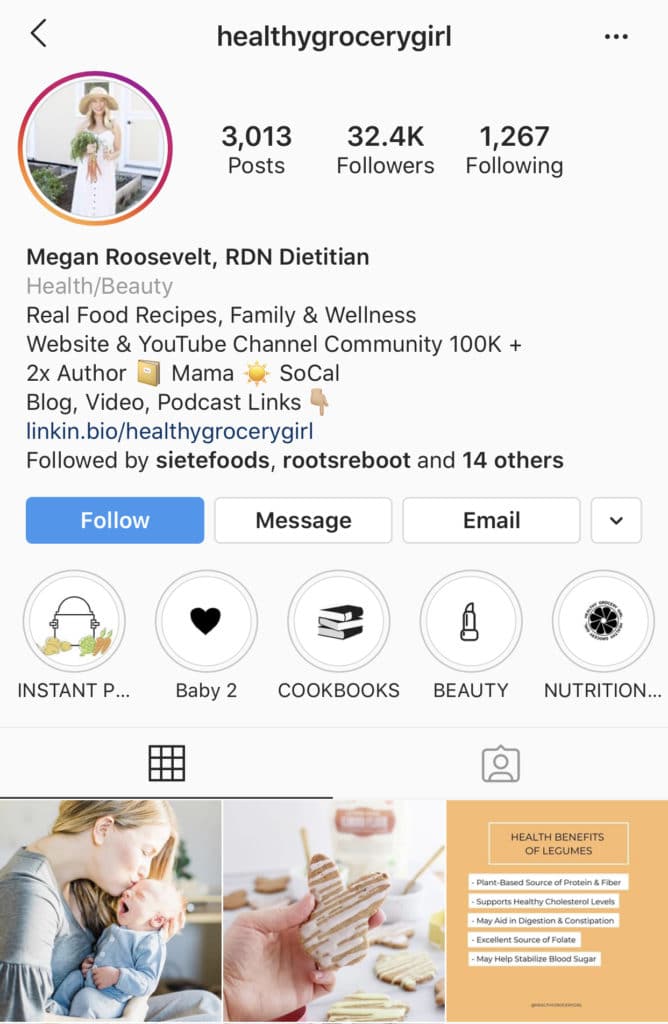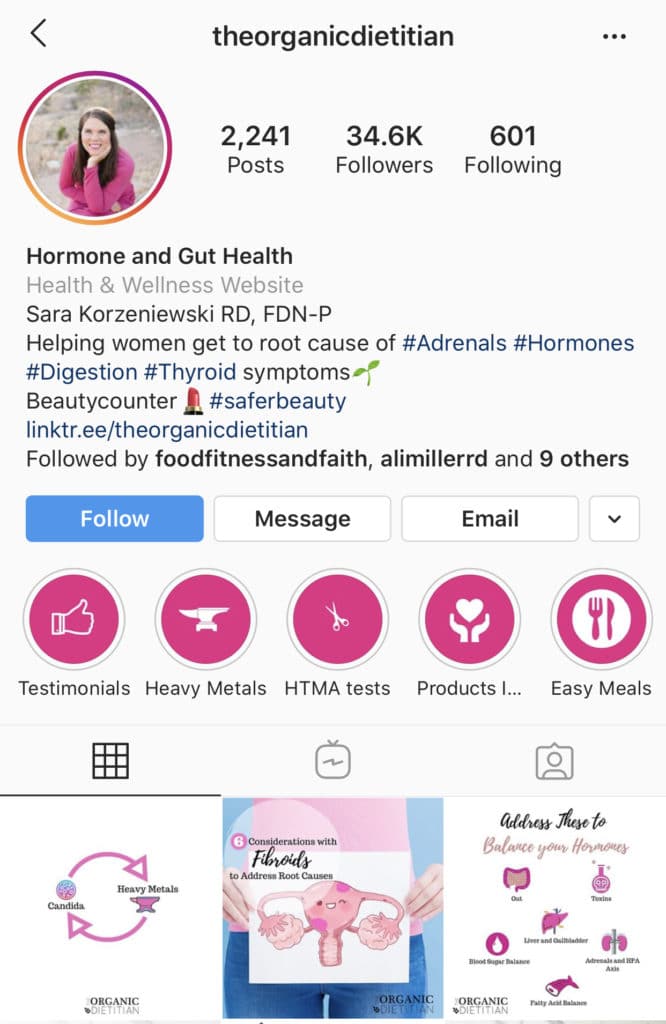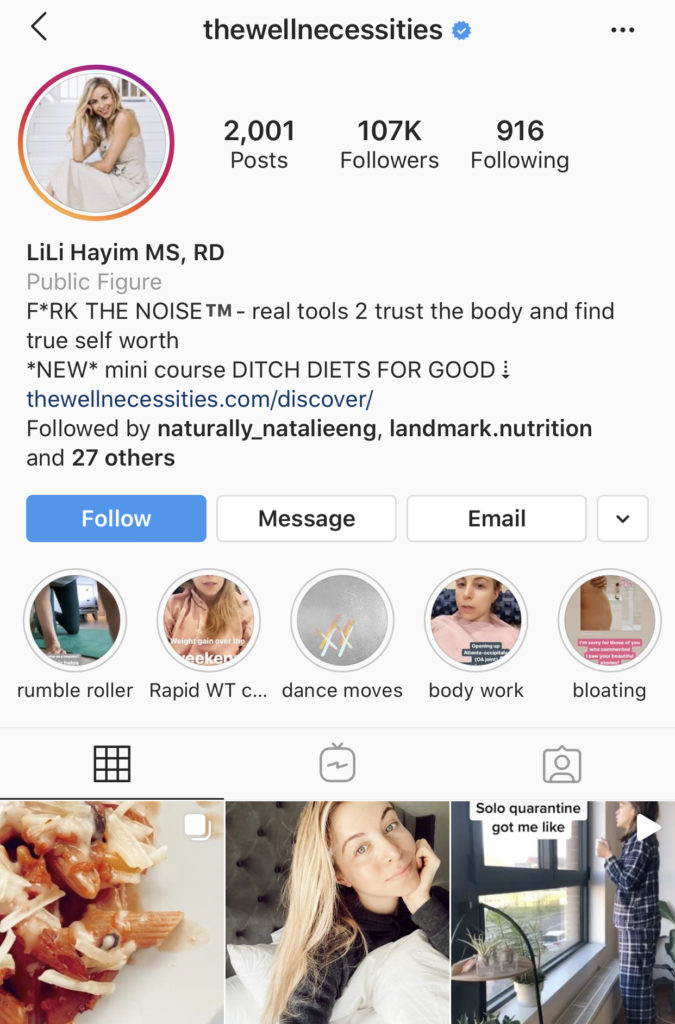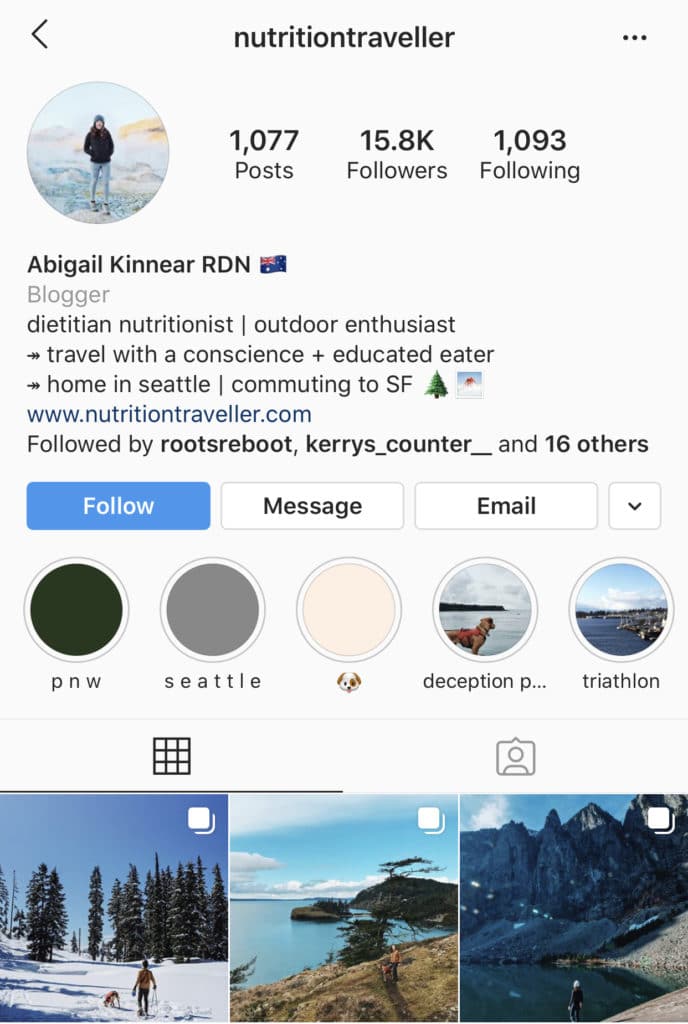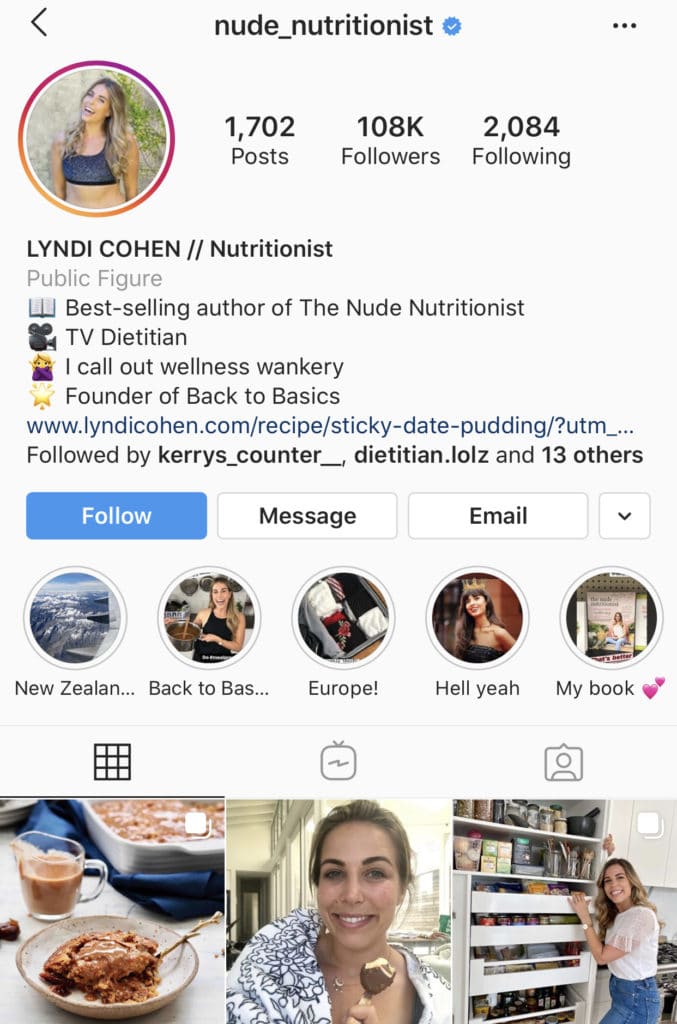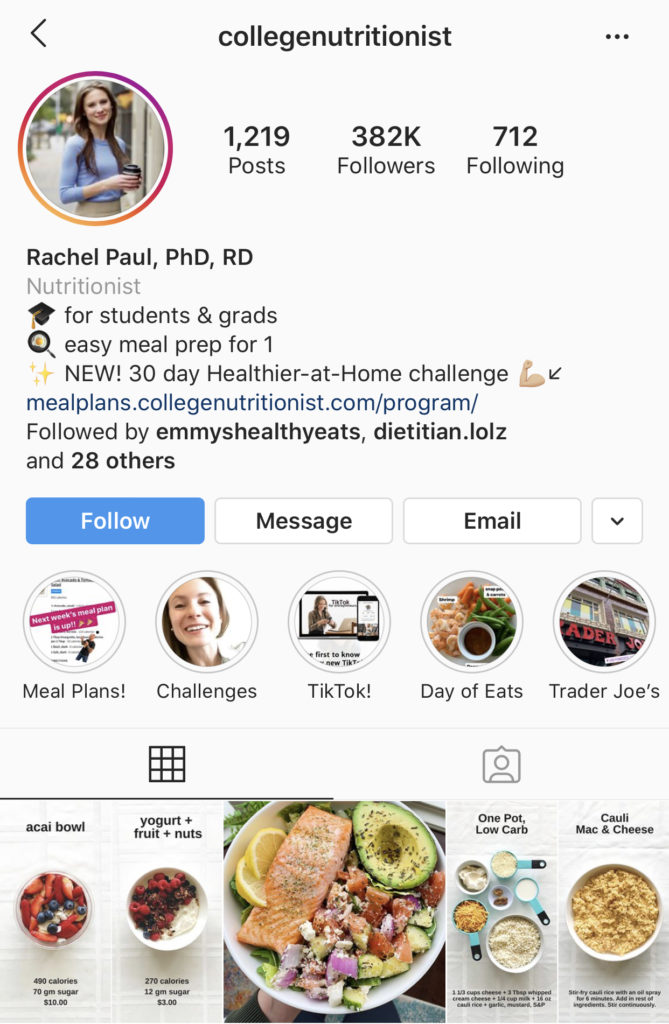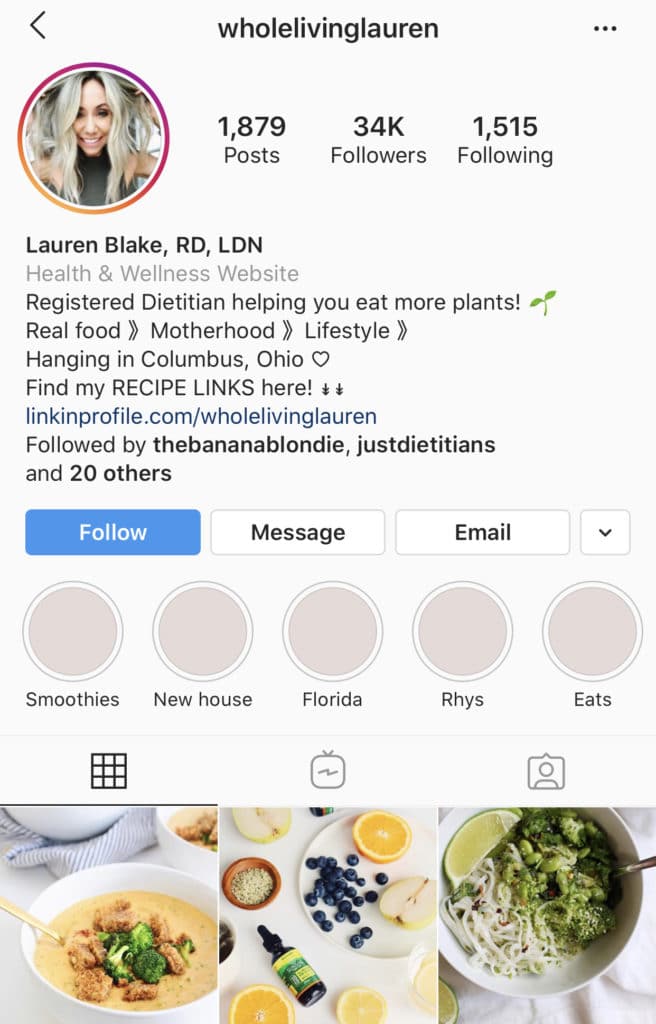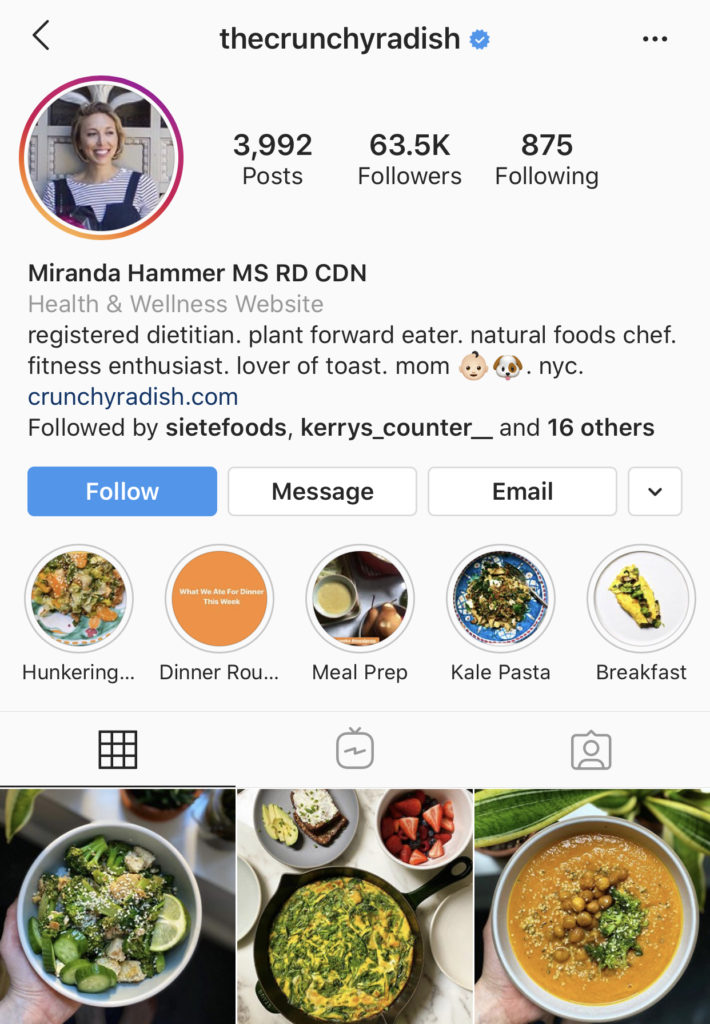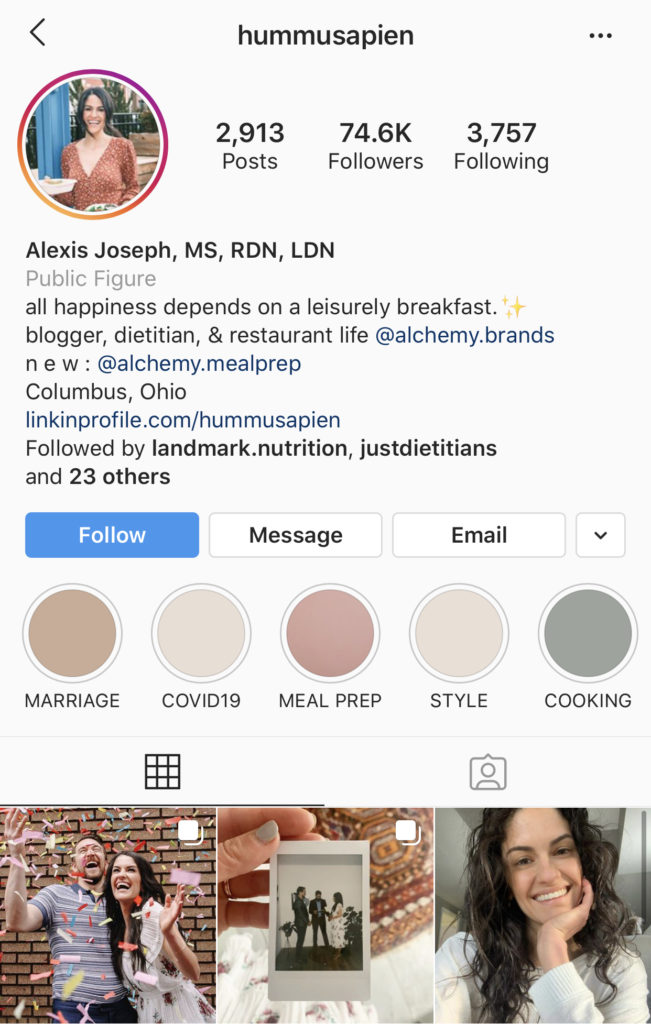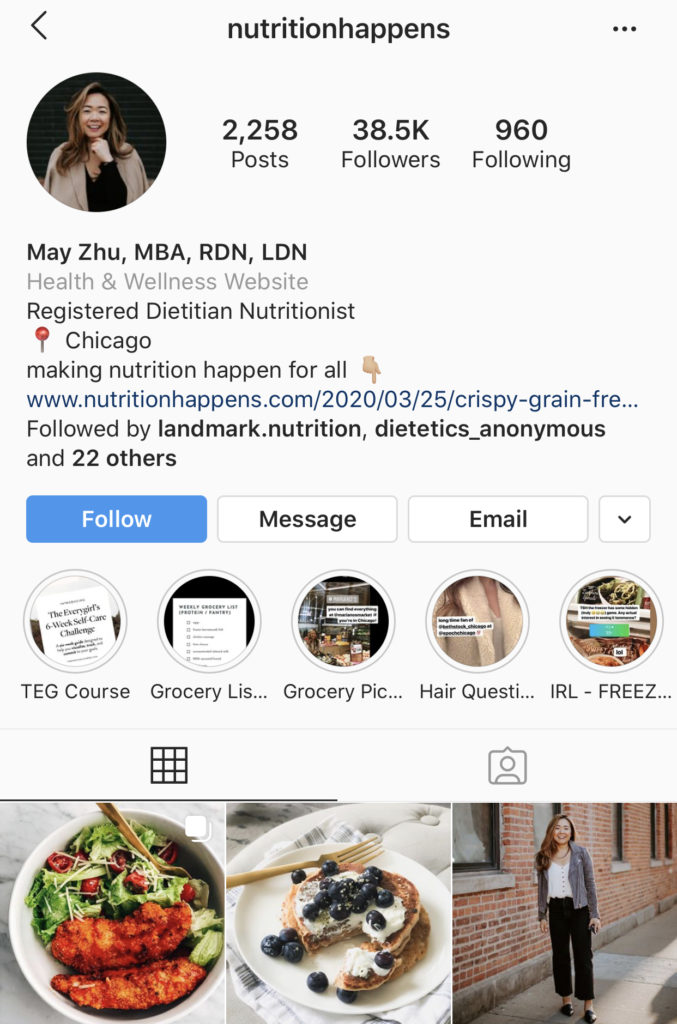A dietetic internship or RD program brings you one step closer to becoming a dietitian. Unfortunately, most are unpaid. Jenny discusses internship payment options below!
True or False: “Dietetic internships (DIs) are paid positions because we are employees, right?” Most of the time, this is false. A very popular thought to ponder is how you are going to pay for a DI. Possible expenses include: application fees, computer matching fees, printing costs, mailing costs, travel expenses, and then eventually the tuition, insurance, books, lab coats, room and board, and other program-related costs. This is astronomical for interns and college students who do not get paid! It’s unfortunate that there are financial limitations in many programs. And even with a stipend, some students still find it hard to cover even the most basic of costs. Written by an All Access Dietetics dietetic intern.
I vividly remember hearing a DPD director telling a class of dietetics seniors about the time she was on food stamps during her DI. My mouth dropped. “What? Is it that bad?” For me, I survived on all student loans and knew many interns that did the same. I’ll be in some debt, but I view my loans as an educational investment. I am confident that my return on investment will be exponential! Even so, financial costs for DIs seem to be high on the list of deciding factors for many applicants.
Click here for more tips to help you survive your dietetic internship.
Here’s a Rundown of Financial Sources to Explore:
Scholarships
First, review the Academy of Nutrition and Dietetics Scholarship Application. Next, check out your local and state dietetic associations. This includes the state you are leaving and the state you are entering (if they are different). Scholarships are a GREAT way to get your school paid for without having to pay it back. Be creative with Google, too. Try “nutrition scholarship” or “dietitian scholarship” and see what might pop up. Even throw in names of your respective states or cities- you just never know. Some programs have scholarships specifically for their interns. Others have state scholarships that are not as competitive as national scholarships. Let’s say you work on an application for five hours. Then, you get awarded a $500 scholarship. You basically just got paid $100 per hour…NICE!
Loans
They could be federal student loans, private student loans, or personal loans. Ask the program directors which loans are available to you during the internship. Do you know if the internship program has applied to the government for educational loan status? Also, is deferment possible for your undergraduate student loans?
Federal Family Education Loan (FFEL) Program:
- – Low-interest rates
- – Loans deferred while a student is enrolled in an eligible program of study at least half time
Unsubsidized Loans:
- – Not awarded on basis of need
- – Interest begins to accrue at the time you receive the loan (the “disbursement date”)
- – Interest accrues from the disbursement date until you pay off the loan in full
- – You can pay the interest or allow it to accumulate and capitalize
Subsidized Loans:
- – Awarded on basis of financial need
- – The federal government pays interest on the loan until you begin to pay it off (when you become less than a half time student)
You might suspect there is no easy solution for the financial burden that comes with DIs but definitely explore your options. For you, it may be possible to get a little financial help and also feel settled about the fact that your bank account contains only borrowed money. Maybe then you will want to soak up everything the internship has to offer and get your money’s worth!
Working During the Internship
This may not be an option if your internship discourages it. But, if you are in a part-time program or maybe a distance program, those both might have the best set up for having a job. That said, I’ve seen interns in traditional programs have jobs, but the jobs would have to be super flexible. Below are 15 unique ideas on how to make money during the internship.
1. Grow your Instagram and social media
Do you run an Instagram that you’re really passionate about expanding but not quite sure how? Or maybe you’ve been thinking about starting a new foodie blog but have no clue where to begin. Learn how to attract your target audience, beat the algorithm, and increase your engagement using these tips. Once your Instagram is up and running, your next step is to check out everything you need to know to create a successful online business. Instagram is a great way to make money as a dietetics student.
For some inspiration, check out these RDs with amazing Instagram feeds!
2. Create a blog and learn how to sell on your website
Looking for a way to make money that gives you flexibility and room to put your creativity into action? A blog is not only a great way to share your knowledge and passion with others, but also great for making new connections. The Unconventional RD teaches nutrition professionals ways they can earn passive and alternative income that they may not have even known existed. This blog offers tons of tips and resources from google analytics to connecting with brands that fit your M.O. Use your blog to help establish yourself in the field, build your professional network, all while making money in your pajamas.
Psst: Be sure to listen Jenny Westerkamp’s episode on the Unconventional RD Podcast. Jenny is the Founder of All Access Dietetics!
3. Get sponsored posts
Expand your blog, Instagram, or Youtube channel with sponsored posts! Click here for tips on defining your brand, reaching your audience, improving your engagement, and more.
4. TikTok
Yes, you read that right. TikTok is currently one of the fastest-growing platforms out there and no, you don’t have to be the next Charlie Dimelio to grow your following. TikTok is a great outlet for entrepreneurs to increase their engagement and following in a short period of time. But how do I use it? What kind of content should I post? Use this article Tik Tok for Entrepreneurs, as a guide on making videos, increasing your following, and creating content that stands out.
5. Start a business
If you’re interested in the entrepreneurial side of dietetics, I strongly urge you to get an online business coach like Tony Stephan. Tony Stephan is a successful Registered Dietitian who built his own online nutrition coaching business from the ground up. Check out his blog and read Tony’s article, Starting a Nutrition Business as a Dietetics Student to learn more! Libby Rothschild is another awesome Registered Dietitian and expert in social media and marketing! Read about how she went from working in a hospital to running her own company here. But wait there’s more. The founder of All Access Dietetics, Jenny Westerkamp’s story of how she started her own business in dietetics all while still being a dietetic student is a worthwhile read here. Lastly, if you want to learn about marketing and creating a business or expanding your current one, consider enrolling in The RD University.
6. Wellness coaching
If you love nutrition counseling and are searching for a platform to expand your services, check out Healthie. This virtual care platform is perfect for managing your practice, communicating with your clients, and building your relationships.
7. Manage social media for a dietitian
Maybe you follow a blog or Instagram that has always been your inspiration and you’ve been dying to get involved. Reach out to them and see if they need help with their social media content! Use the tool Canva to help you create new and innovative content. It offers hundreds of free templates to help create graphics, posters, logos, presentations, and more. You can also check out the article: The 6 Best Free Design Tools to Create Social Media Graphics, to learn how to make your content stand out and capture your audience’s attention.
7. Uber or Lyft
Love listening to tunes and getting to know people? Driving for Uber or Lyft may be the right fit for you. Click here for more information on getting started with Lyft.
8. Waiter or waitress
Work part-time as a waiter or waitress to earn some extra money! If your classes or internship aren’t the typical 9-5 hours, waitressing is a convenient way to fill in those gaps or weekends. If you want to stay active, improve your customer service skills, and learn how to work under pressure, consider getting a job at a restaurant.
9. Front desk at a gym
Another job that’s not your usual 9-5 is working at the front desk of a gym or yoga studio. This kind of environment offers flexible hours and early or late shifts outside of normal business hours. Some places may even offer you a discounted or free gym membership. Pop into your local gym or visit their website to apply.
10. VIPKID
Have a passion for teaching and working with kids? Teach English online with VIPKID. Set your own schedule, teach one-on-one lessons, and get to experience the rewarding feeling of educating young minds, all while getting paid.
11. Babysitting
Babysitting is an easy way to earn extra money as a dietetics student. Use Indeed, Care.com, or your local community Facebook pages to find babysitting gigs in your area.
12. Catering department at a hospital or long-term care facility
Apply to work in a hospital as a patient dining associate in the Food and Nutrition Department. In this setting, you will be on your feet, interacting with patients, helping with their menu selections, and much more. This environment not only can help you familiarize yourself with working in a hospital setting but also gives you the opportunity to interact with patients and brighten their day. Most positions have weekend or evening events, or you can inquire about working per diem.
13. Teach group fitness classes
Always at the gym loving your yoga, boxing, or Les Mills classes? Ever thought about teaching one? Reach out to an instructor you admire and ask how they got to where they are! There are a lot of different organizations out there to help you reach your goal of becoming a certified fitness instructor. Check out these articles: A Quick Guide on How to Become a Group Fitness Instructor and How to become a group fitness instructor when you have a full-time job for more details.
14. Ambassador work for food brands
If you’re outgoing and are seeking a flexible schedule look into becoming a brand ambassador. Start with the products you already love and enjoy and check out their company website for ambassador opportunities. Stop into your local grocery store or reach out to a company to inquire!
15. Use social media to make money
Looking to grow your social media following, stand out as an expert online, and learn how to grow a profitable online business? Join Rise to the Top, a self-paced virtual business course for dietitians and dietitians-to-be who want to learn how to carve your own path in the world of food, nutrition, and recipes to grow a brand and business! Led by Maggie Michalczyk, RDN, and Mary Ellen Phipps, MS, RDN, Rise to the Top takes you through everything from growing your Instagram following, pitching yourself to brands, doing your taxes as an entrepreneur and so much more! Learn more about the course here! (affiliate link)
Final Thoughts
I have one last piece of advice on money: I hear a lot of interns say that one of the challenges of an unpaid internship program is that you feel like you are working for FREE. If they are having a bad day, it is easy to complain about the fact that they are free labor. It basically becomes the scapegoat for their frustration. But I have a thought for you that will nip this bad attitude in the bud: Remember that this internship is the one last step you need to take until you reach your goal of becoming a dietitian. You are still paying for an education. Did you expect to be paid full-time to study in college?
As you move along through the program, focus on the end goal of the internship: to be a competent, entry-level dietitian. Also, think about all of those people who didn’t get matched. How lucky you are to even be in a DI/RD program? Many institutions lose money on providing a DI through liability or lost time teaching, among other reasons. In fact, that is part of the reason that there aren’t enough spots available to everyone that applies. Therefore, you know the people guiding and teaching you at the hospital are dedicated to the advancement of the field. Be thankful for this. Stay motivated, positive, and complaint-free. This should make for a more beneficial experience.
Ready to get started on your application for a DI or RD program?
Dietetics Admissions: Get an expert coach in your corner helping you through every step of this confusing application journey. Imagine having a roadmap, personalized advice, application reviews, accountability, and confidence that will bring you one step closer to becoming a dietitian. Learn more about Dietetics Admissions here.
P.S. Did you know certain RD programs, like those with the Veterans Affairs hospitals, offer stipends? These types of programs are more competitive because of that. Luckily, Coach Katie Braun was on a VA selection committee for 5 years and knows exactly how to increase your chances of landing a spot. Apply for Dietetics Admissions today to work with Katie.




